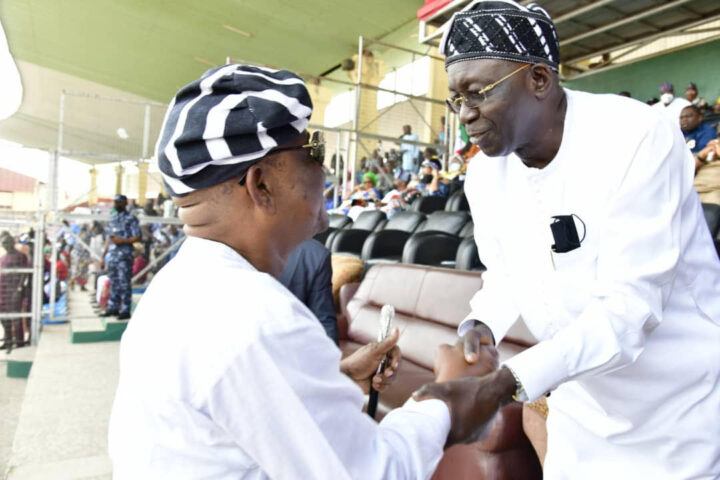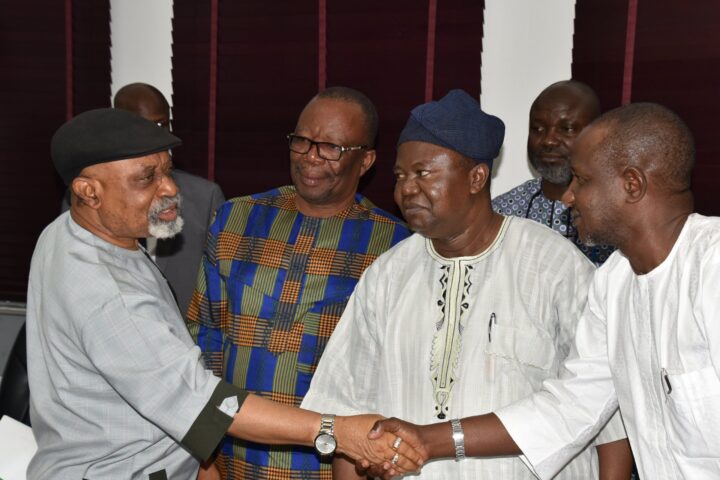Mike Ozekhome, senior counsel to Nnamdi Kanu, leader of the Indigenous People of Biafra (IPOB), says his client is now a free man and should be allowed to go home.
Ozekhome said this in reaction to the judgment of the appeal court which discharged Kanu of a seven-count charge preferred against him by the federal government.
Delivering judgment on Thursday, a three-member panel of the appellate court, led by Hanatu Sankey, held that the federal government flouted the Terrorism Act, Extradition Act and also violated international conventions and treaties guiding extraditions, thus, breaching the rights of the respondent.
The court further held that having illegally and forcefully renditioned the appellant, the trial court is stripped of jurisdiction to continue to try Kanu.
Advertisement
In an interview with Channels Television on Thursday evening, Ozekhome said: “Nnamdi Kanu is a free man and he should be allowed to go home tomorrow.”
Reacting to a statement by the AGF which hinted that the federal government would appeal the verdict of the court of appeal, the senior lawyer said he would also file a cross-appeal.
Ozekhome also detailed the reasons why the appeal court struck out the case.
Advertisement
“The single issue bordering on extraordinary rendition, after he was brutally captured, tortured, in Kenya blindfolded and extrajudicially rendered back to Nigeria, is what determined it we put all this first before the court,” he said.
“The federal government had no answer to any of the allegations. And in law when we make certain factual allegations are they are not denied, they are deemed admitted.
“So if the federal government wants to pursue trifles, against a citizen by appealing against such a wall rendered judgement, I can only wish them good luck.
“But let me also tell the federal government if they appeal I’m going to file a cross-appeal against two of the issues, which I do not agree with the court of appeal.
Advertisement
“That is the issue of the citus of the place of commission of an offence. Section 45 of the federal high court act, and decisions of the supreme court, make it clear that you can only try a person in the place where you disclose the venue of the commission of the crime, the time the circumstances.
“But when you say Nnamdi made a broadcast, from where did he make the broadcast? Is it in the spirit world? Is it the land of the dead? The court of appeal, with all respect, appeared to have glossed over this.”
Add a comment






